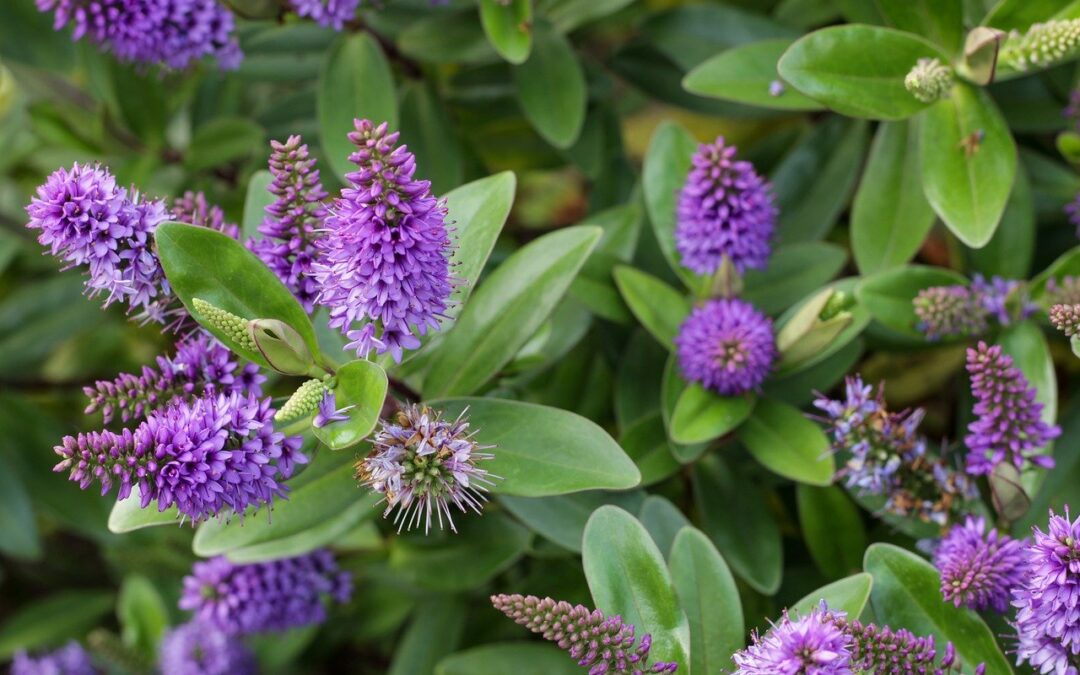Organic Mulch: Unlocking the Power of Nature for Sustainable Gardening
TL;DR: Organic mulch is a sustainable and cost-effective way to enhance your garden. It suppresses weeds, retains moisture, regulates temperature, and enriches the soil. Choosing the right mulch and applying it properly transforms your garden into a thriving ecosystem.
Benefits of Organic Mulch for Sustainable Gardening
Organic mulch is a layer of natural material spread around the base of plants to improve soil health and plant growth. It provides numerous advantages for sustainable gardening:
- Weed Suppression: Mulch creates a physical barrier that blocks sunlight from reaching weed seeds, inhibiting their germination and growth.
- Moisture Retention: Organic matter absorbs and retains moisture, reducing evaporation and ensuring a constant water source for plants, especially during dry spells.
- Temperature Regulation: Mulch acts as an insulation blanket, protecting plant roots from extreme temperatures. It keeps the soil warm in winter and cool in summer.
- Soil Enrichment: As organic mulch decomposes, it adds organic matter to the soil, improving its structure, fertility, and water-holding capacity.
Choosing the Right Mulch: A Guide for Every Garden
Selecting the ideal organic mulch depends on your specific gardening needs:
- Compost: Rich in nutrients and organic matter, compost promotes healthy plant growth and improves soil structure.
- Bark: Available in various sizes and textures, bark mulch provides excellent weed suppression and moisture retention.
- Straw: A lightweight and inexpensive option, straw insulates plants against temperature fluctuations and conserves moisture.
- Leaves: Free and easy to obtain, leaves decompose slowly, providing a steady supply of nutrients over time.
- Manure: Animal manure adds nutrients to the soil but should be aged or composted to avoid burning plants.
Proper Mulching Techniques: The Art of Application
To maximize the benefits of organic mulch, apply it properly:
- Clear the Area: Remove existing weeds and debris before spreading the mulch.
- Choose the Right Thickness: Apply a layer of mulch 2-4 inches thick, leaving a few inches of space around plant stems to prevent stem rot.
- Water Regularly: Keep the soil under the mulch moist, especially during the first month after application.
- Replenish as Needed: Organic mulch decomposes over time, so replenish it as necessary to maintain the recommended thickness.
Success Stories: Organic Mulch in Action
Gardeners across the globe have reaped the benefits of organic mulch:
- “I used straw mulch around my vegetable plants, and I noticed a significant decrease in weeds and a boost in my harvest.” – Jane Smith, avid gardener
- “Bark mulch has kept my flower beds looking vibrant and healthy all season long. It’s a low-maintenance solution that improves the soil and suppresses weeds.” – Mike Jones, landscape architect
- “Compost mulch has transformed my clay soil into a rich, fertile paradise. My plants are thriving, and I’m saving money on fertilizers.” – Sarah Carter, sustainable gardener
Embrace Organic Mulch for a Thriving Garden
Organic mulch is a gardening treasure that unlocks the power of nature to create a healthy and sustainable garden. By choosing the right mulch and applying it properly, you can witness the transformative effects firsthand. From suppressed weeds and increased moisture retention to improved soil health and reduced maintenance, embrace the wonders of organic mulch and watch your garden flourish.

